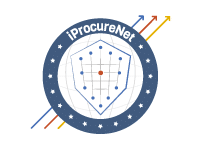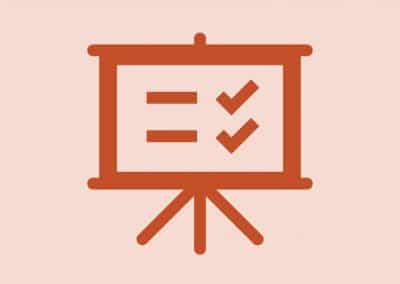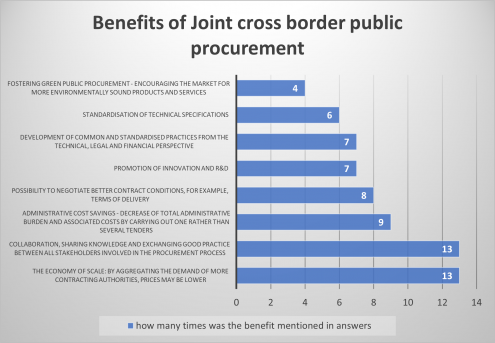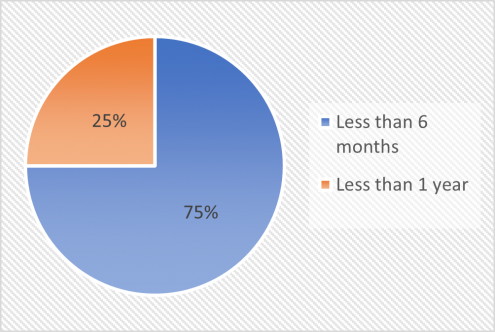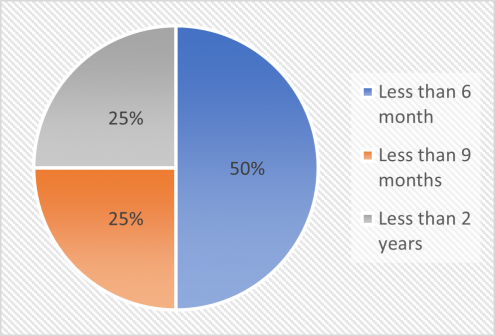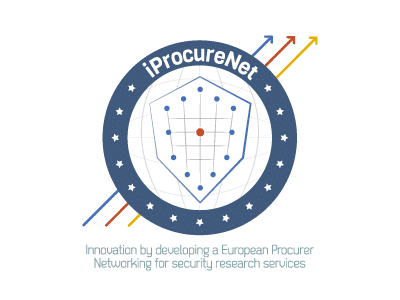Role of JCBPP
The new EU Public Procurement Directives (Directive 2014/24/EU and Directive 2014/25/EU called, respectively, Classical and Utilities Directives) explicitly incorporate several types of cross-border public cooperation and contract awarding:
A Contracting Authority using the services provided by a Central Purchasing Body of other Member States
- A joint collaboration between 2 or more CAs from different Member States
- The creation of a joint legal entity pursuant to an agreement between several Contracting Authorities from different Member States
JCBPP has the potential to become a widely used instrument not only in the security sector but also in other sectors. Actually,
“in the case of the European Union, cross-border procurement could become a strategic tool for strengthening the European Single market, promoting capacity building among contracting authorities, and advancing social and environmental goals”.
G.M.Racca and G.M. Racca and Ch.R.Yukins , The Promise and Perils of Innovation in Cross-Border Procurement, in G.M. Racca and Ch.R.Yukins, Joint public procurement and Innovation:Lessons across Borders, Bruylant, 2019, p. 14.
Benefits of JCBPP
Without any doubt, the benefits of JCBPP are prevailing against the perils that inevitably accompanies it. Even though there are still few examples of JCBPP, it is
“gaining unexpected interest from a range of stakeholders: large cities, cross-border projects involving administrations, near borders, projects aiming at using public procurement to develop innovative products or services, inherently cross-border applications such as satellite services.“
In general:
- The economy of scale
- Possibility to negotiate better contract conditions/more negotiating power
- Higher interest of economic operator in the tender and in presenting offers
- Promotion of innovation and R&D
- Collaboration, sharing knowledge and exchanging practice that create spill-over effects
- Standardisation of technical specifications
- More efficient use of project resources
- Opening up the market and more contract transparency
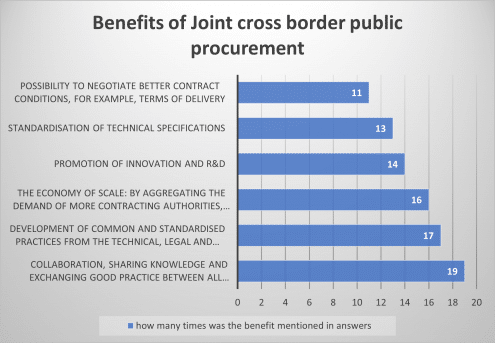
In the 2023 survey, respondents have chosen main benefits of JCBPP from multiple-choice questions. The figure below ranks those benefits according to the number of times the topic was mentioned in respondents’ answers.
Specifically in the security sector:
- For security sector, most benefits are the same, even taking in consideration that the sector is prone to different kind of agreements for confidentiality.
- Better harmonisation and coordination between neighbouring countries
- Quicker full interoperability between systems, equipment, solutions
- Foster the exchange of data and information
- More attractivity to manufacturers/suppliers, specially when the quantity procured separately is too low, with positive impact on the purchase price
Challenges
There are some issues that the CAs should be aware of before deciding taking part in a JCBPP.
Different processes
- Differences in procurement practices at the beginning of the cooperation. Therefore, it is good to start by identifying other practices and harmonising them, e.g.: tender documentation:
- One side may use very complex and high-level tender documents based on citation from the law.
- The other may use a more straightforward approach.
- Also, the basic terminology can be different.
- Differences in e-procurement platforms: CAs should guarantee that bidders from other states will not have problems presenting their bids.
Different language and culture.
- A common language should be agreed upon at the beginning of the cooperation.
- In most cases, English is the first language
- Sometimes national law requires the use of national language and, should this be the case, dual language option on TED should be chosen.
Harmonising pre-tender phase (i.e. market research results) and post-tender phase (contract management).
The coordination among public procurers from different countries can prove to be complicated.
Defining a common technical requirement.
Agreeing on the assessment process and decision. The evaluation part of the tender can present difficulties in the evolution of offers, especially if prescribing the subject of the tender using functional specifications.
Legal complexity together with the lack of coherent legal framework on the EU level.
From 2023 survey, the duration of pre-tender and tender phases was also highlighted.
Without any doubt, JCBPP takes longer than conventional procurement with procurers from only one country.
Procurers considering doing a JCBPP must answer the following question before the tender phase preparation phase: How big exactly is the difference between a conventional public procurement process and a JCBPP, and is the long time needed for preparing the tender and executing it compensated by the benefits mentioned above of JCBPP?
The answer to the question must be a part of the EU Member States contracting authorities’ decision to engage in JCBPP.
Duration of preparation phase of tender
Duration of tender process from contract notice until the signature of contract
Joint Cross-Border Public Procurement (JCBPP)
JCBPP and IP in the Security Sector
Joint Cross-Border Public Procurement (JCBPP)
Innovation Procurement (IP)
How to: Guide for JCBPP & IP
Ethics in procurement
